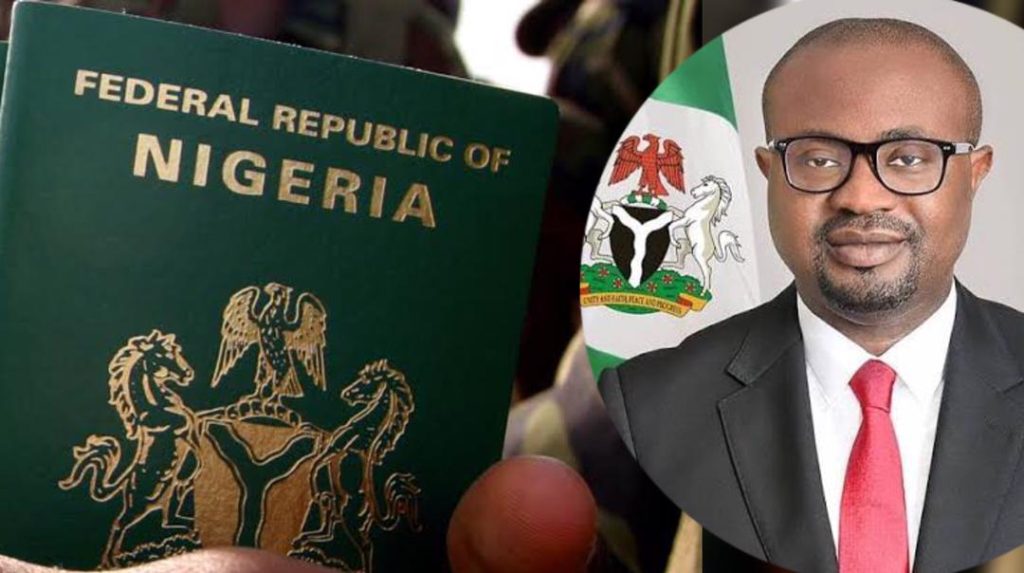Now Reading: Buhari’s Death: Main Cause Revealed and What Nigerians Should Know
-
01
Buhari’s Death: Main Cause Revealed and What Nigerians Should Know
Buhari’s Death: Main Cause Revealed and What Nigerians Should Know

The death of former Nigerian President Muhammadu Buhari on July 13, 2025, has left the nation in mourning. He passed away in a London hospital at the age of 82, after battling a long-term illness. The Presidency confirmed his death, describing it as the end of “a life of national service.”
Although full medical details were not released, officials close to the late president stated he had been managing age-related chronic health conditions for several years.
Final Moments in London
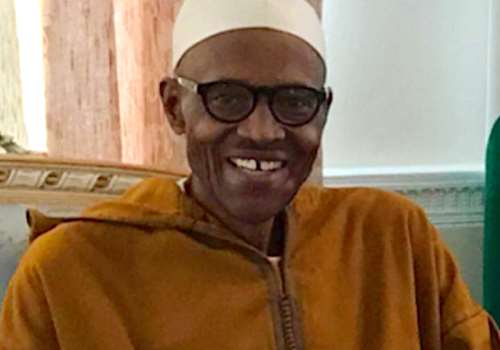
EX-PRESIDENT FINAL MOMENT IN LONDON
According to Reuters and AP News, Buhari died at 4:30 p.m. GMT at a London clinic where he had been receiving specialist care.
His longtime media aide Garba Shehu released an official statement:
INNA LILLAHI WA INNA ILAIHIRRAJIUUN.
The family of the former president has announced the passing on of the former president, Muhammadu Buhari, this afternoon in a clinic in London.
May Allah accept him in Aljannatul Firdaus, Amin. pic.twitter.com/Dv0IfgzWAc— Garba Shehu (@GarShehu) July 13, 2025
Buhari had reportedly been flown to the UK weeks earlier for advanced treatment, a continuation of medical travels that marked his presidency.
Buhari’s Long Health Struggles

Buhari’s Long Health Struggles
This is not the first time Buhari’s health raised concerns. During his presidency, especially between 2016 and 2018, he made multiple extended trips to the UK for undisclosed treatment. In 2017, he spent over 100 consecutive days abroad—sparking widespread speculation about his condition.
Though no official diagnosis was ever made public, insiders often hinted at renal issues, age-related complications, or an autoimmune condition.
“He was very guarded about his health but never gave up his duties,” said a senior official quoted by Vanguard.
National Mourning and Tributes
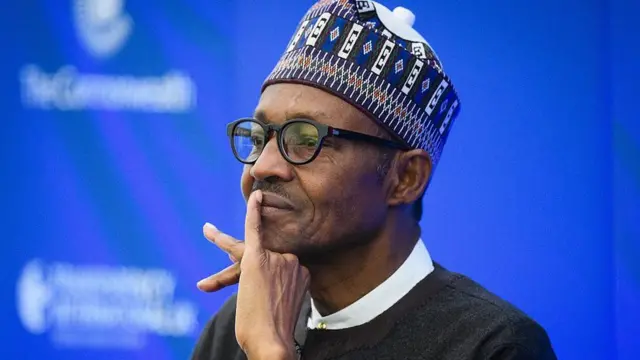
Buhari’s Death: Main Cause Revealed
President Bola Tinubu has declared a national mourning period, with flags flying at half-mast across the country. Vice President Kashim Shettima has departed for London to bring Buhari’s remains back to Nigeria.
In a statement from the presidency, Tinubu described Buhari as “a leader who brought dignity, discipline, and integrity to governance.”
Messages of condolence have flooded social media and news outlets, with citizens expressing mixed emotions sadness, reflection, and gratitude for Buhari’s years of service.
Burial Plans Underway
Preparations are being made for a state burial, expected to take place in Daura, Katsina State. Buhari had often said he wished to be buried in his hometown. The government has promised a befitting send-off, complete with military honors.
Final Reflection
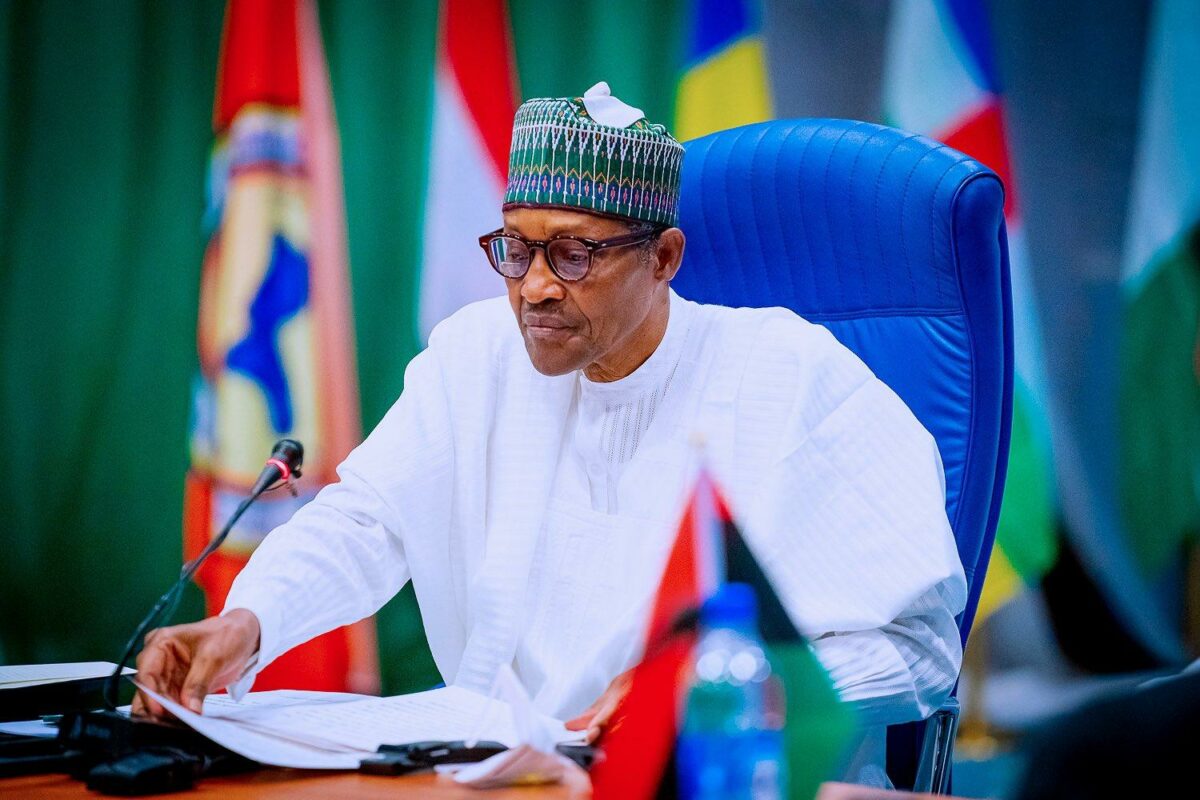
Buhari’s Death: Main Cause Revealed
Buhari’s death marks the end of an era in Nigerian history. Whether viewed as a tough disciplinarian or a slow-moving reformer, his impact on governance and national policy was undeniable.
“He was not perfect, but he gave Nigeria his all—from the battlefield to Aso Rock,” said Garba Shehu in a final tribute.
As Nigeria reflects on his legacy, the lessons from his leadership—transparency, resilience, and national pride—will remain part of the nation’s story.
Public Debate: A Leader Remembered with Mixed Feelings
Since the news of Buhari’s death broke, Nigerians have taken to social media, radio stations, and newspaper columns to share their thoughts. While many described him as a man of integrity who brought discipline and structure to government, others pointed out missed opportunities during his time in office.
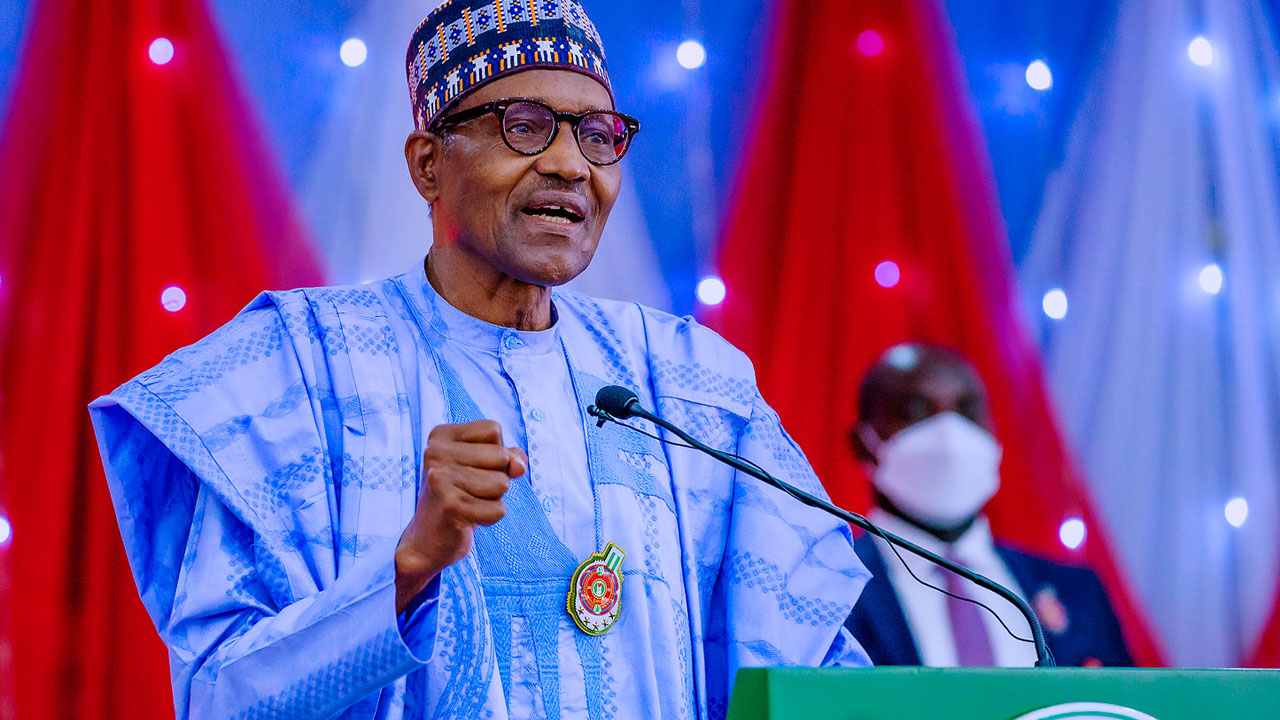
Former Nigerian President Muhammadu Buhari passed away on Saturday, July 13, 2025,
Some Nigerians expressed disappointment over the state of the economy under his watch, rising insecurity, and his perceived distance from the younger generation. Moments like the #EndSARS protests and slow economic responses during key national crises remain fresh in the minds of many.
At the same time, supporters believe Buhari laid important groundwork for reforms, restored some measure of credibility to public office, and maintained Nigeria’s unity through challenging times.
“He stood for something different in a space filled with noise. That quiet leadership left a mark,” said Professor Zainab Usman, a political analyst based in Abuja.
Buhari’s legacy continues to spark meaningful discussions an indication of how deeply his leadership style affected Nigerians across different generations.



